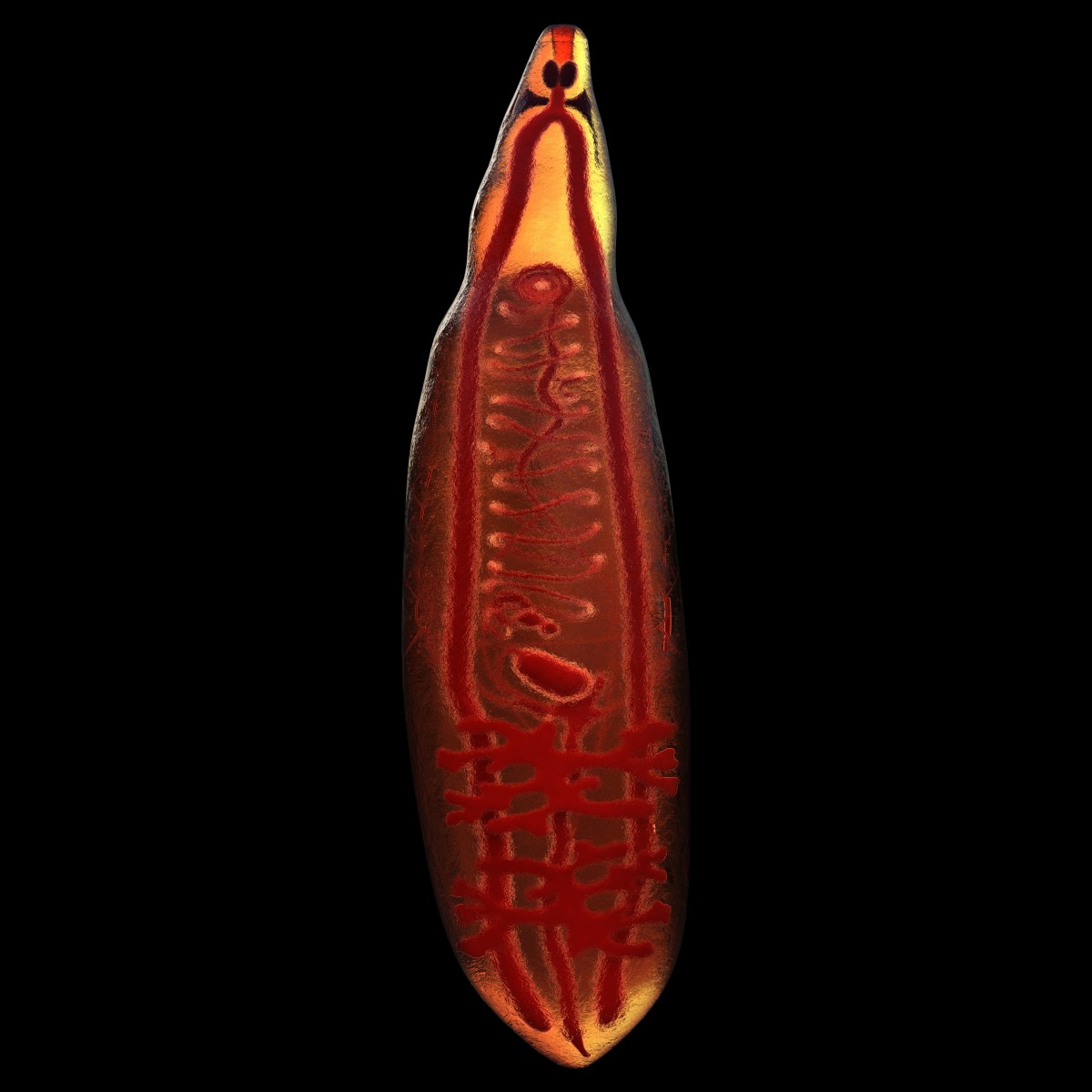Protein from Parasite Lowers Relapse Rates, Evidence of Demyelination in Mice with MS
Written by |

A molecule secreted by a parasite was seen to prevent autoimmune reactions in a mouse model of multiple sclerosis (MS). As this molecule, a protein factor or peptide, also worked to prevent diabetes, researchers suggest it might be developed into a potential treatment for autoimmune diseases.
The study, “A parasite-derived 68-mer peptide ameliorates autoimmune disease in murine models of Type 1 diabetes and multiple sclerosis,” was published in the journal Scientific Reports.
A link between parasitic infections and autoimmunity is not new. Researchers have reported that in areas where parasitic infections are common, autoimmune diseases are rare. Scientists even suggest that the co-evolution of parasites and humans made the human immune system dependent on parasites.
Similar connections are known to exist with bacteria, which are increasingly found to be crucial for human health.
Earlier studies have even explored if deliberate infection with certain parasites can treat autoimmune disease. Nevertheless, an infection with live parasites has its downsides, often resulting in side effects that are difficult to control.
Researchers at the University of Technology Sydney, in Australia, suggested that focusing on the specific molecules released by parasites that mediate immune system responses may be a better approach.
Previously, researchers isolated two factors secreted by the common liver fluke, or flatworm (the helminth parasite Fasciola hepatica). Treating mice with a crude mix of all factors secreted by this parasite prevented experimental autoimmune encephalomyelitis (EAE) — the mouse version of MS. In this study, researchers tested two parasite peptides, called FhHDM-1 and FhCL1, in a mouse model of MS.
FhHDM-1 reduced the severity of disease and lowered the number of relapses in EAE mice. Over the 60 days that followed injections of FhHDM-1, half of these mice had only one relapse, compared to two to five relapses in control mice over 70 days after EAE was triggered in them. What’s more, 20 percent of the FhHDM-1 treated mice were completely free of disease. Treated mice also had lower levels of inflammation in the brain, and evidence of fewer neurons having lost their myelin. (Tests done in a model of type 1 diabetes also showed positive results.)
In contrast, the other peptide, FhCL1, did not improve disease symptoms or slow its progression in the mice.
Earlier studies suggested that the parasite peptide switched the type of immune response from one governed by Th1-cells (pro-inflamatory) to one governed by a protective Th2-cell (anti-inflammatory). Th1-cells, along with Th17-cells and the immune mediators they secrete, are believed to drive autoimmune reactions.
Researchers did not find evidence that the treatment suppressed Th1-cells or boosted Th2-cell responses. Instead, they noted that the treatment suppressed the reactions of macrophages, which secreted lower levels of the cytokines TNF and IL-6 than was seen in untreated control cells.
In a final test of the peptide’s potential as a treatment in patients, the team tested the ability of FhHDM-1 to block the actions of human macrophages. They demonstrated that the factor blocked the production of TNF and IL-6, both in isolated macrophages and in samples of human blood.
“This study provides proof-of-concept in two pre-clinical rodent models that a single parasite-derived peptide offers a novel treatment for individuals predisposed to, or suffering from, autoimmune disease,” the researchers concluded. “The ability of FhHDM-1 to modulate macrophage function, combined with its efficacy in disease prevention in multiple models, suggests that FhHDM-1 has considerable potential as a treatment for autoimmune diseases.”


